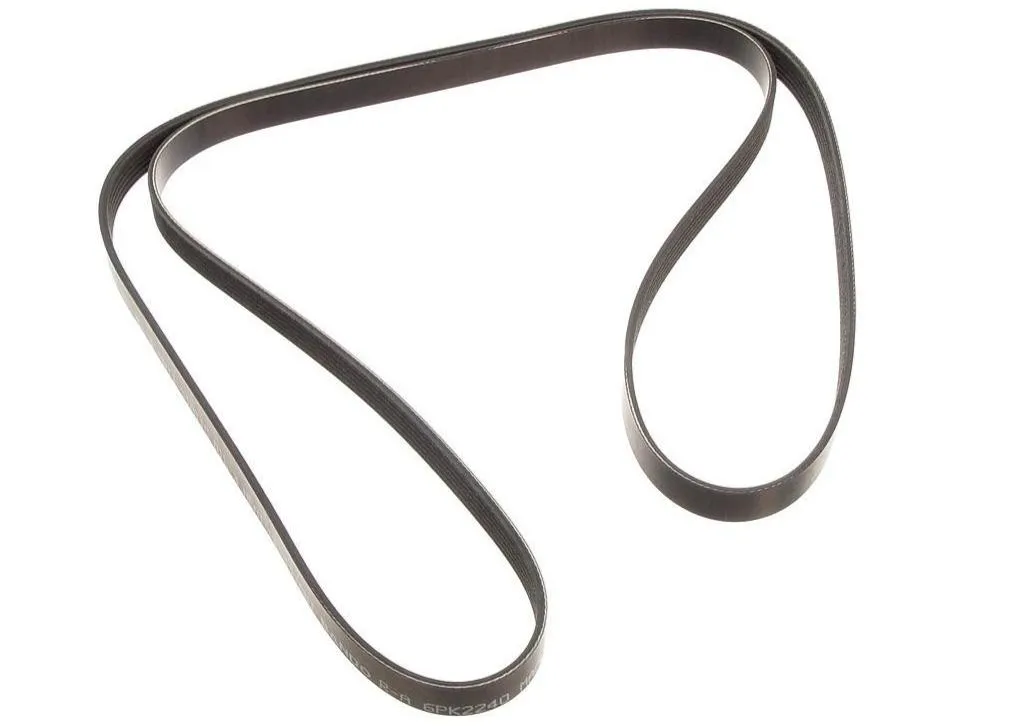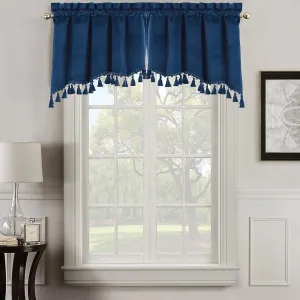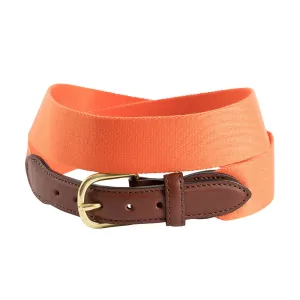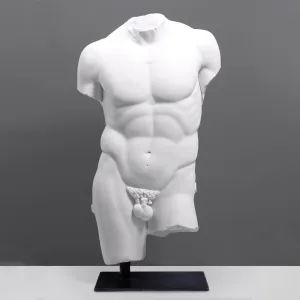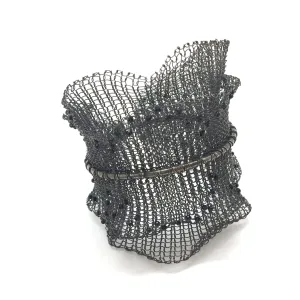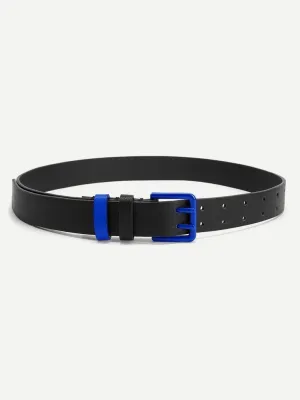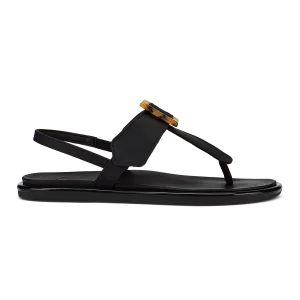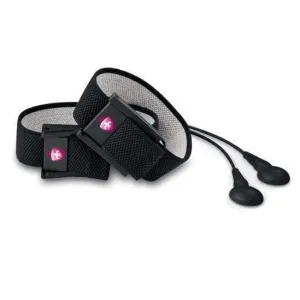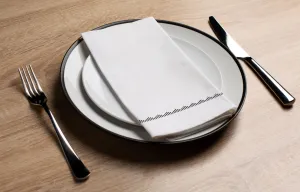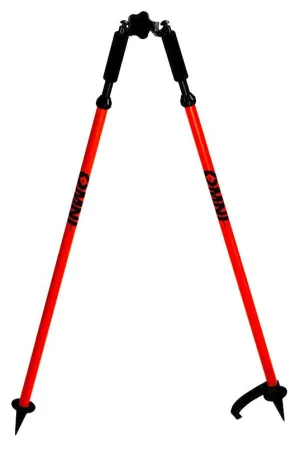Please select your vehicle in the menu
Replacement serpentine belt for RIPP Supercharged vehicles.
Gates V-Belt, offering durable power connection to your RIPP Supercharger and engine accessories. Crafted with precision and top of the line materials, Gates belts will maintain proper tension, ensuring reliable performance mile after mile. We trust gates products on our supercharger kits and so can you!
*v6 Wrangler and v8 Grand Cherokee owners please select STD or ALT. Below are the supercharger pulley measurements to help you identify what pulley you have on your vehicle. (measure your pulley and then match it up below.
Wrangler 3-1/4" pulley select: STD
Wrangler 2-7/8" pulley select: ALT
Cherokee v8 3-1/2" pulley select: STD
Cherokee v8 3-1/4" pulley select: ALT
Vehicles which do not have an STD or ALT option in the drop down menu come equipped with 1 belt option.
Pro tips:
Don't overlook the idler pulleys and belt tensioners during belt replacement. These components play a crucial role in maintaining proper belt tension and alignment, so ensure they are inspected and replaced if necessary to avoid belt slippage or premature wear.
Regular inspection: During routine service checks, be sure to examine the condition of your pulleys. Look out for signs of wear, such as cracks or grooves, and replace any damaged pulleys promptly to prevent belt damage.
Timely replacement: It's recommended to change your engine belts every 35-40k miles, or as per your vehicle manufacturer's guidelines. This proactive approach helps prevent unexpected belt failures and ensures continued reliability.
Keep it clean! Avoid getting grease or oil on your engine belts, as they can cause slipping and premature wear. Clean belts with sand paper and wire brush.




